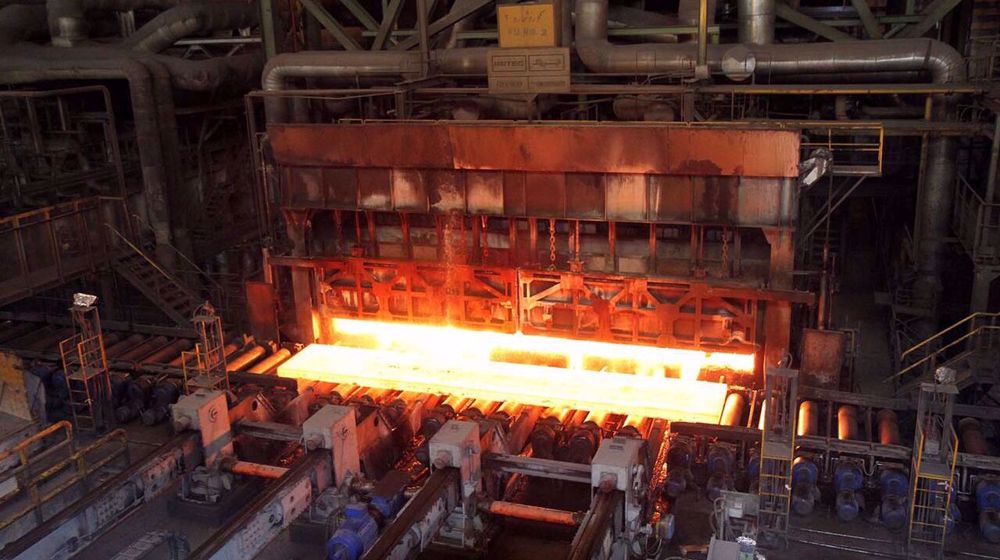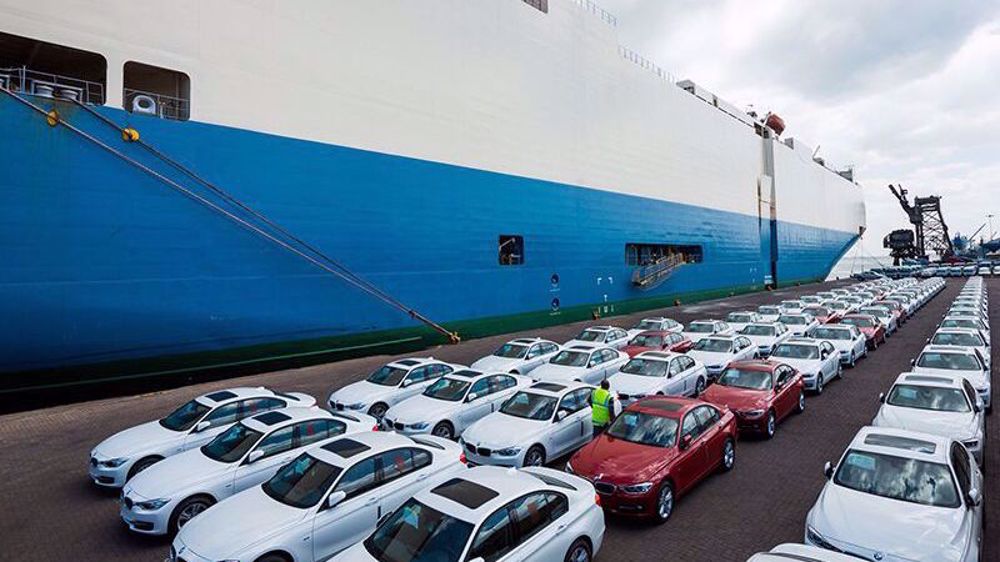Russia may buy heavy water from Iran
Russia announced on Monday that it is considering buying 40 tons of heavy water from Iran in what could make Moscow the second customer of the nuclear material from Iran after Washington.
Russia’s Foreign Ministry has announced in a statement that the volume of the planned purchase of heavy water from Iran will be 40 metric tons.
Iran’s Deputy Foreign Minister Abbas Araqchi had been quoted by the media earlier in the day as saying that Iran and Russia are discussing heavy water sales.
Araqchi had emphasized that the US had been the first buyer of Iranian heavy water and some other world powers, including Russia, are now showing an interest.
He had earlier last week also said that the Atomic Energy Organization of Iran and a US company – which he did not name - had reached an agreement over the sale of heavy water.
He added that the agreement was signed following three months of negotiations.
This was accordingly confirmed by the US Department of Energy which said it plans to buy 32 metric tons of heavy water from Iran for $8.6 million.
"The United States will not be Iran's customer forever," a spokeswoman with the Department had been quoted by the media as saying. She further added that the Department plans to sell the heavy water to commercial and research entities, including a national lab, inside the US.
The nuclear deal between Iran and the P5+1 that was made operational in January gives Iran the right to sell, dilute or dispose of the heavy water it has produced under certain conditions.
It also authorizes Iran to purchase natural uranium or “yellow cake” in return.
In early March, Araqchi told the media that Iran had sold 32 tons of heavy water to the US in what seen as a landmark progress in the commercialization of the country’s nuclear energy program.
He also said the Islamic Republic had purchased 140 tons of yellow cake from Russia as well as 60 more tons from Kazakhstan.
These were the first trade activities that the country had carried out over its nuclear energy materials after the implementation of the nuclear deal in January.
VIDEO | Paris march in support of Palestine women
VIDEO | ICC issues arrest warrants for Israeli prime minister, ousted regime war minister
120 Palestinians perish as Israeli war machine keeps ravaging Gaza
VIDEO | Struggles of Palestinian women amidst war, displacement
VIDEO | Hezbollah rains attack drones down on elite Israeli brigade
VIDEO | US biased mediation fails
Leader: All captains of criminal, Zionist, terrorist gang must be prosecuted
Iran further raises its oil prices for Chinese buyers: Report










 This makes it easy to access the Press TV website
This makes it easy to access the Press TV website